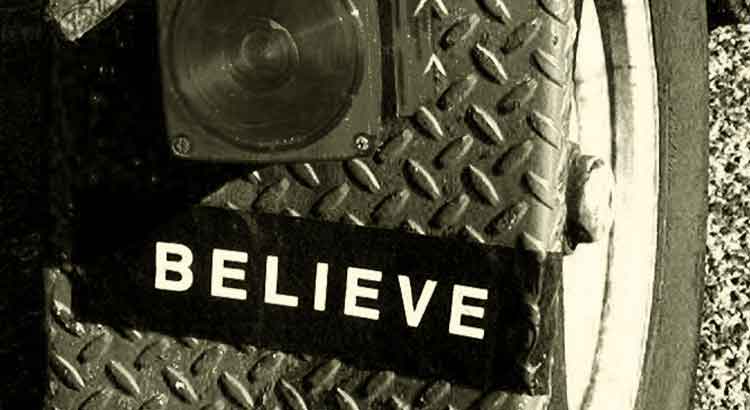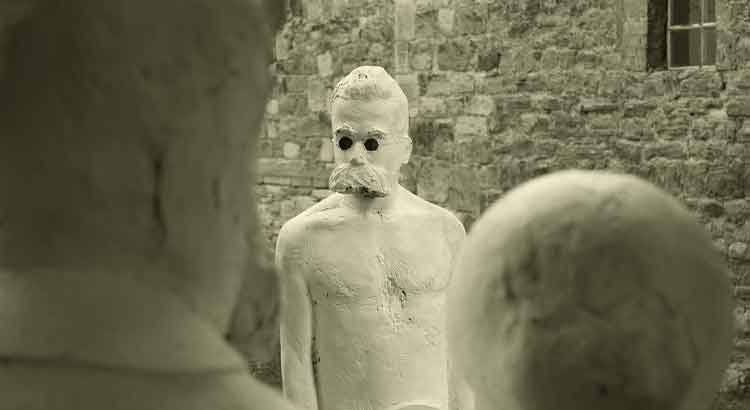No society can endure and prosper without a strong cultural base. A young country is naturally unstable. And a country that breaks with its origins, or stonewalls them, trying to erase its past, is heading toward collapse. Cultural destruction necessarily implies mass moral degradation. There is nothing more devastating to a society than an attempt to “rewrite the history”.
Tag: philosophy
Modern Man Thinks He Is Important
Modern man has this distinction: he thinks he is important. And he runs to a psychologist when he unconsciously suspects that he is not. The depression he suffers at forty begins in childhood and extends into youth, when he grows up bombarded with lies, feeding in his mind a false vision of himself. He smiles because life offers him wonderful prospects; “future” is always an auspicious word; he starts to believe. And with the years, he has to face severe frustrations. Is it life’s fault? Obviously not: life has nothing to do with the animal’s presumption! Life is the victim of an epidemic falsification, a frightening incomprehension, and an unprecedented demeaning. A young person is trained, like a dog, to give certain answers to “what will he do with his life,” socially admirable answers, and learns to see the world in a mediocre light, valuing that which has no value. He begins by making mistakes about himself and ends up making mistakes about life.
Blessing or Weakness?
It can be admitted without much difficulty that a dog is capable of thinking. However, a dog certainly does not believe. I say this and I notice a human differential. A differential that I cannot summarize as a blessing or weakness: belief elevates the human being above all other animals to the same extent that it makes him susceptible to error and evil. If I have great esteem for skeptics, I realize that they lack something. Sometimes it seems necessary to embrace a weakness to transcend the mediocrity of the concrete…
Nietzsche Symbolizes Freedom of Spirit
It is very difficult to recognize the autonomy of those who seem unscathed by Nietzsche’s outbursts. They like to stone him, take him out of context, detach him from the nobility of character that is peculiar to him. Nietzsche symbolizes freedom of spirit, power, intellectual courage. To undermine him seems to me, above all, to undermine these three very noble qualities.



